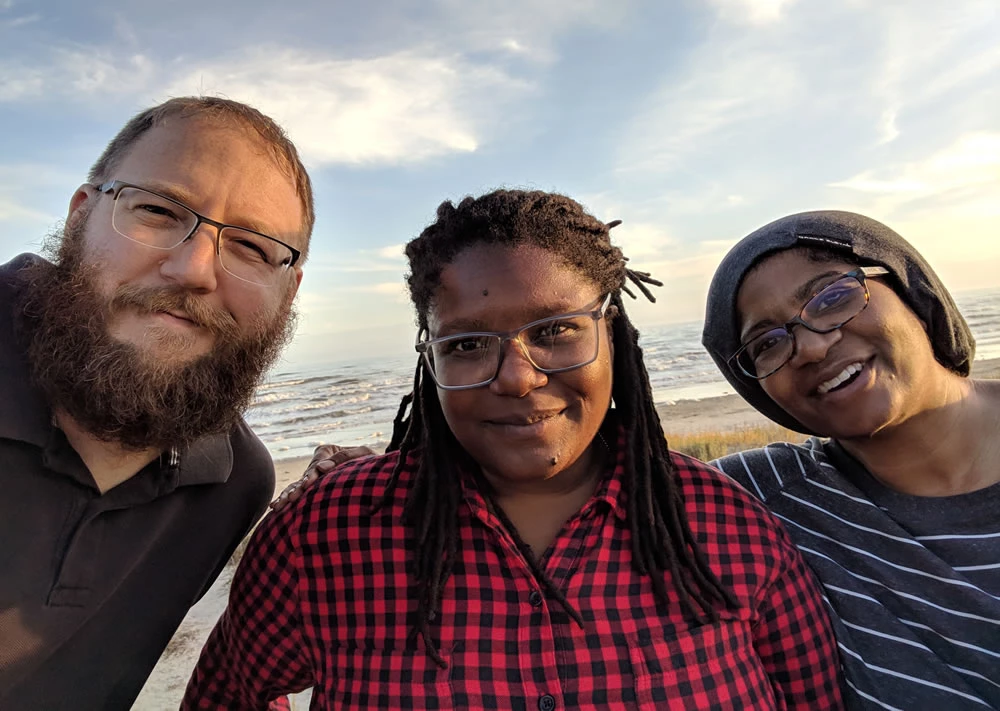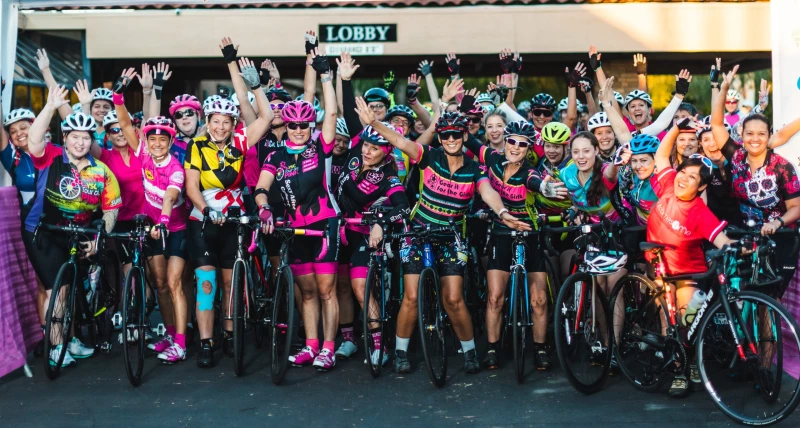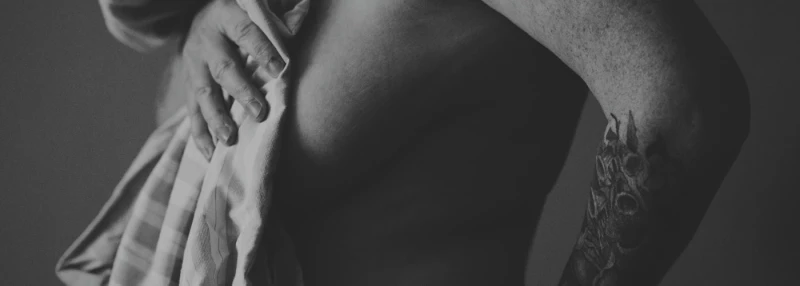Shante was working towards a master’s degree in 2008 when she started experiencing migraines, a loss of energy, and dramatic mood swings. She saw several doctors but no one had an answer. Each new doctor brought more misdiagnoses, including autoimmune disorders and the suggestion she was bipolar and should seek psychiatric help.
The stress of dealing with so many health issues in a demanding master’s program became too much. Shante left graduate school with everything but her thesis complete. She simply couldn’t function anymore.
“You’re Too Young for Breast Cancer”
More than a year later, Shante discovered a lump in one of her breasts. She made an appointment with her gynecologist, who confirmed the lump. But they assured her at just 25 years old, it was unlikely to be cancer. Her surgeon thought the same thing.
Already, friends and family advocated that Shante seek better medical care. Shante and her support network felt her treatment team weren’t being forthright or taking her healthcare seriously due to her age.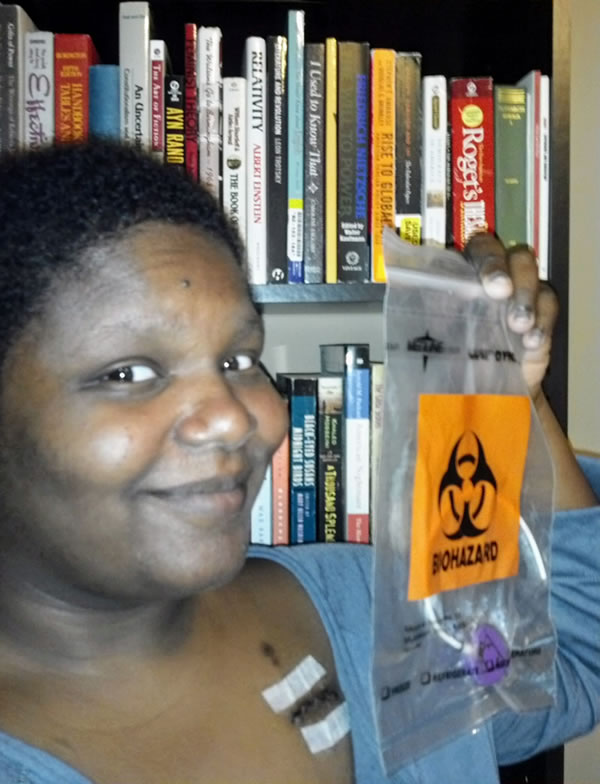
“There seemed to be this dishonesty, especially with my parents, about what was happening to me.”
Despite her gynecologist’s and surgeon’s belief that cancer was unlikely, Shante advocated for a lumpectomy rather than a biopsy first. Finally, after two years of dealing with a body she knew wasn’t well, Shante was diagnosed with a fast-growing ER+ breast cancer at stage I.
That diagnosis left her feeling completely powerless.
“I had this child-like stress and anxiety, like I didn’t have a full understanding of what was happening to me or the power to do anything about it. I was full of dread. But I denied that dread because it felt silly when there was no action or certainty about what happens next.”
Sometimes Support is Emotional Labor
At just 25, it was emotional to have her family involved in her treatment. Managing the needs of her co-survivors felt heavy. Looking back, it was sometimes easier for her to not tell her family about appointments because it was a way for her to protect them.
“It’s so hard in being as young as I was. I needed my family, but I also needed to balance it all out. Their fear and mine all got tangled, making things difficult because I wanted to protect them while I wanted them to protect me, too.”
Finding Support Online
As someone so young, Shante felt like she stood out at chemo treatments. Even the support groups offered at the hospitals didn’t feel like a good fit.
“I didn’t feel like there was a space for me since I lived in a smaller town at the time. I felt like my age made the other people in treatment have a sort of pity for me. I felt very aware of my differences from them.”
Her sister found YSC online. As a self-professed introvert, the online community provided Shante with connection to others who understand what she was going through.
“YSC cemented this feeling of belonging and understanding. I could see the concerns I had to face - like arguing with insurance companies about covering future mammograms - weren’t being reflected in the information I was given. I really feel like the only way I could have engaged at that time was in those online communities. All my energy went toward healing. I needed a space where others just like me were being real and didn’t feel this burden to be positive about the experience.”
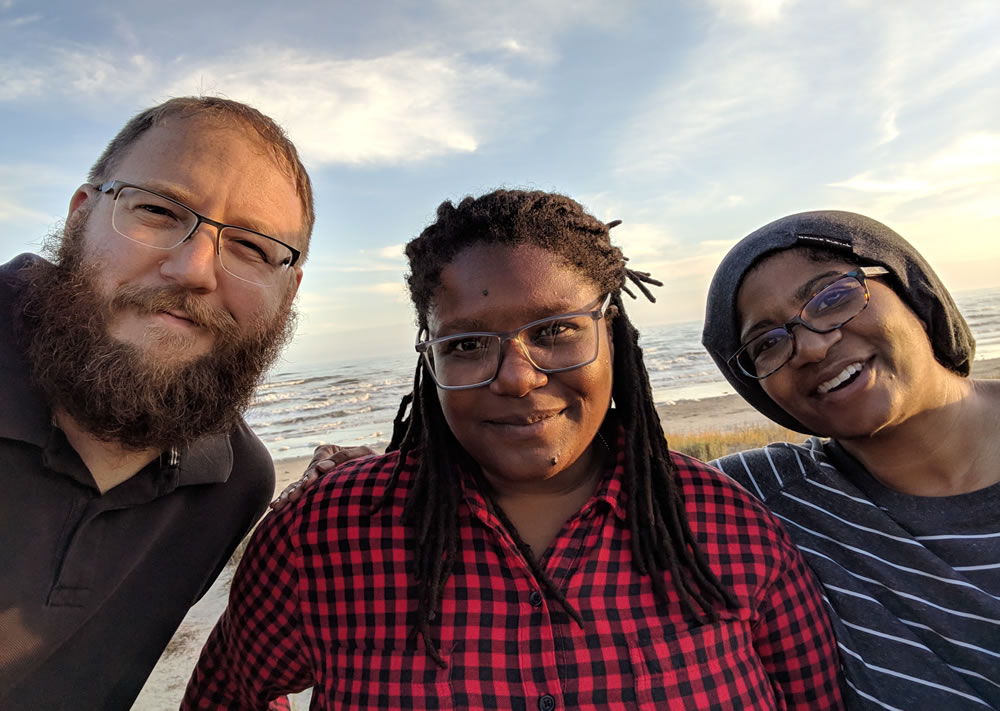
Breast Cancer Shifts Her Path
For Shante, one of the most important things about finishing breast cancer treatment was to get off of autopilot. Having been in treatment and at a job that was not fulfilling her, it felt as though she had gone through life passively, never really making a decision that lead her to what she really wanted.
She completed her master’s degree thesis but felt a new drive to direct her life toward meaningful work. This year, Shante will graduate with her Ph.D. in Education Administration, allowing her to devote her life to improving access to education for others.
“I don’t know what will happen in the future… None of us do, but there’s this special cloud that hangs over cancer survivors or anyone who has dealt with chronic illness, that makes me feel like I have to jump while I have this window.”
For now, she’s headed to an English-language school in China. And she looks forward to taking advantage of the opportunity to do all of the things she has wanted to do.
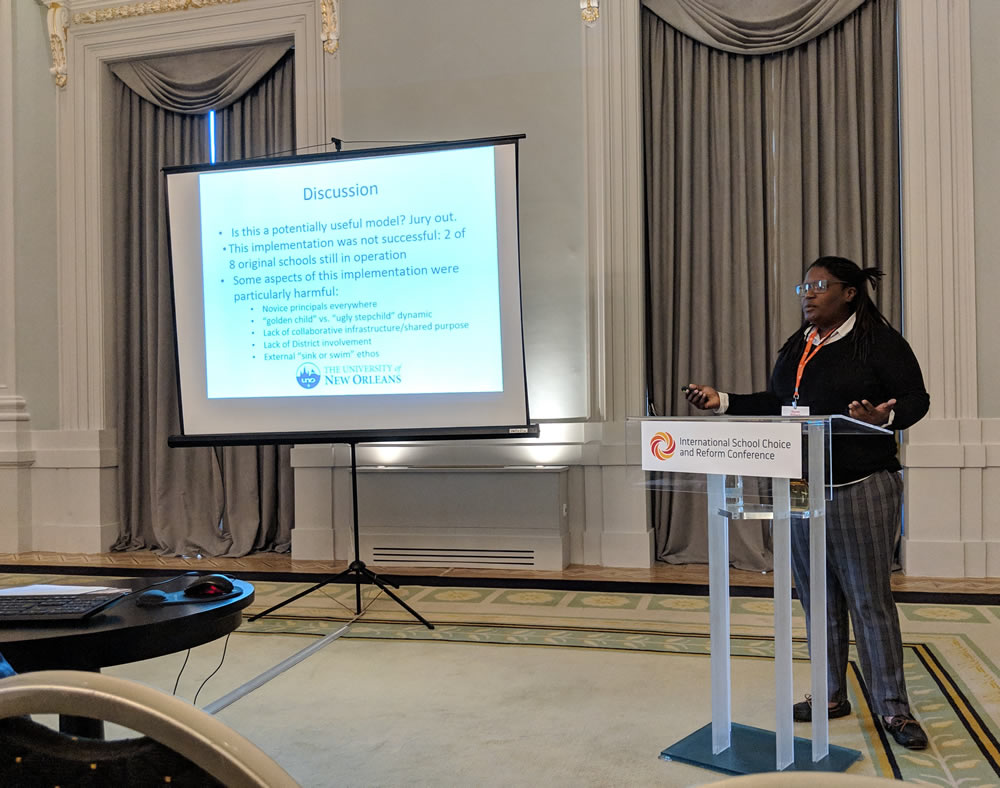
We're Here for You
Find the support, insight, and understanding that only a fellow young adult with breast cancer can provide. Online and in person, there are many ways to connect to your YSC community.
Find Support
